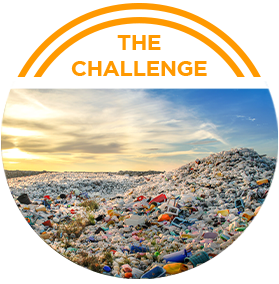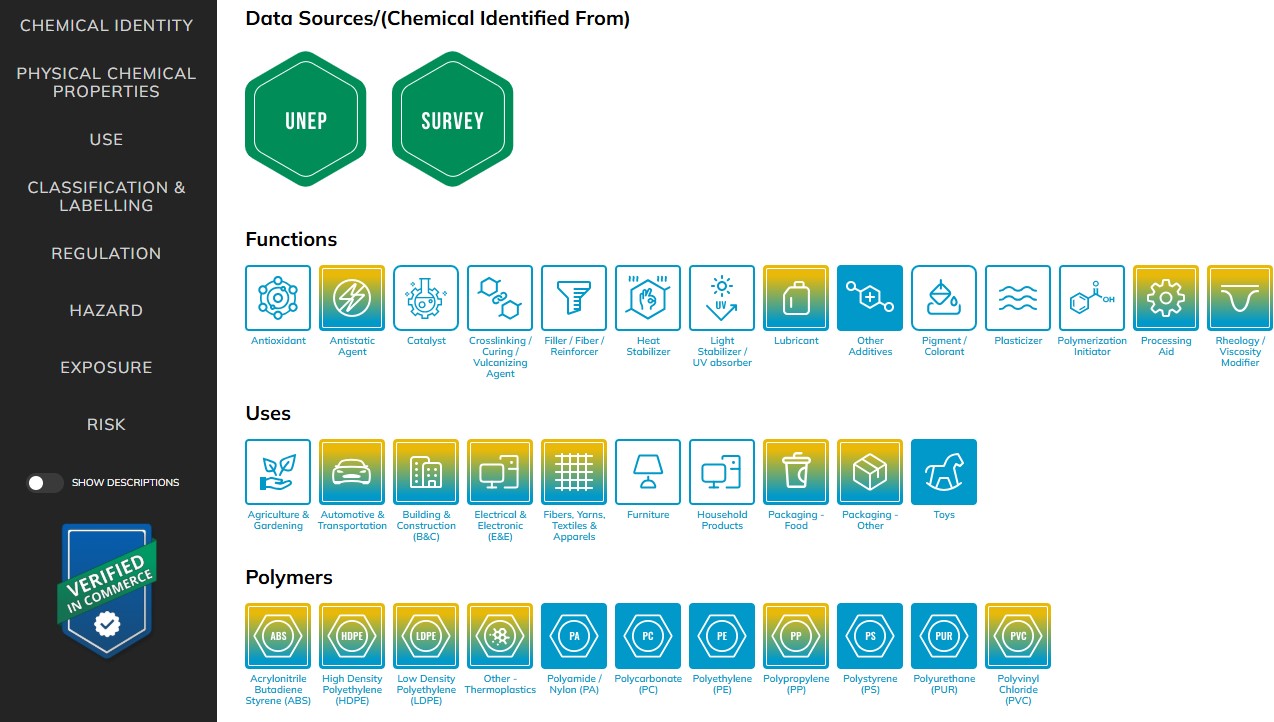
Our Ambition:
ELIMINATE
PLASTIC
POLLUTION
Championing a global agreement for a sustainable, circular economy.
Supporting the INC Process with Industry Insight
The Global Partners for Plastics Circularity remain committed to supporting an effective final plastics agreement. To help inform the negotiations with industry expertise, explore our latest resources:

Unmanaged plastic waste ends up as pollution.
Around 2.7 billion people throughout the world lack access to waste collection, contributing significantly to environmental pollution, including plastics. In a planet with limited natural resources, we must keep these plastics in our economy and out of the environment.

We envision a world without plastic pollution.
A world where plastics contribute significantly to the UN Sustainable Development Goals (SDGs) and deliver solutions for a low carbon economy. A world in which plastics are sustainably produced, designed, used, reused and recycled within a circular economy. A world where society continues to benefit from plastics and they don’t become pollution.

We support accelerating circularity and ending plastic pollution in collaboration with all parties.
To get there, we need to prioritize an agreement that is ambitious, feasible, and equitable for the developing world, and most importantly helps put an end to plastic pollution. To do so effectively, it must promote the circularity of plastics and empower countries to make informed decisions on how to best leverage resources to establish well-functioning, robust waste management systems.
When managed effectively, circularity – where plastics are reused and remade instead of discarded – can yield positive outcomes across many sectors of an economy and facets to society as a whole. Plastics are critical to enable wind and solar power, improve the efficiency of buildings and transportation, preserve food, improve infrastructure and advance modern healthcare.
Our Progress Toward Circularity
We’re already taking significant steps – and tracking these efforts – to accelerate a circular economy for plastics including:
- Investing substantially around the globe
in multiple recycling systems and technologies to significantly increase the types and amount of plastics that can be recycled,
- Creating new business approaches to enable circularity and designing new products made with recycled plastics, and
- Redesigning packaging for longer use, reuse and recyclability.
In short, we’re partnering and investing across the plastics value chains to secure greater access to used plastics, to enable circular feedstocks in the production of plastics and to increase recycled content in plastic products.
Our Approach to a Global Agreement
We’re advocating for a global agreement to eliminate plastic pollution while preserving the essential benefits plastics provide to society.
Tackling this challenge requires collaboration across all sectors—public, private, and civil society—because no single organization, institution, or country can do it alone. By working together, we can create sustainable solutions that are customized to the specific needs of communities worldwide, targeting capacity-building efforts and promoting social inclusion as we move toward a circular economy.
This transformation to a circular economy aligns with UN SDG 12, responsible consumption and production. Achieving it calls for coordinated action across the entire plastics value chain—from producers and retailers to converters and manufacturers—on effective policy solutions. It also requires us to recognize and include the informal sector, particularly waste pickers, who play a vital role in the global waste management ecosystem.




